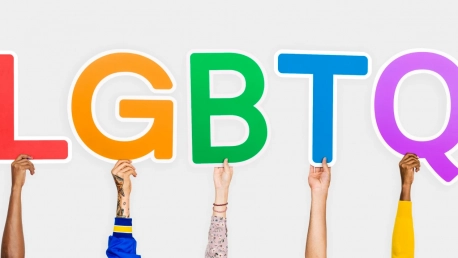The corporate world is under scrutiny following a survey by EduBirdie, which highlights the unsettling environment faced by LGBTQ+ employees. In the wake of findings from 2,000 participants, the report paints a challenging picture of acceptance and inclusion in the workplace. A striking 44% of these employees have felt compelled to leave their jobs, citing a lack of a welcoming atmosphere. The statistics are even more concerning when considering that 70% do not feel embraced by their work environments, and a further 38% sense only conditional acceptance, prompting them to remain guarded and cautious.These difficulties translate directly into career roadblocks, with 60% of LGBTQ+ employees reporting stalled career progression due to discrimination. This, in turn, influences job choice, as 53% would reject employment offers from companies with a track record of not supporting underrepresented groups. And although some have made efforts to report discriminatory behavior, a worrying 21% withheld their experiences from superiors, fearing there would be no meaningful action taken.
Advocating for Systemic Change
A concerning survey from EduBirdie sheds light on the reality for LGBTQ+ employees in corporate settings. Out of 2,000 respondents, a disturbing 44% have left jobs due to the unwelcoming atmosphere. Alarmingly, 70% feel their workplaces don’t offer a sense of belonging, and 38% sense acceptance is only conditional, leading them to be reserved.These adversities often halt career advancement, with 60% of LGBTQ+ workers experiencing stalled growth due to biases. Their job choices are also impacted, as 53% would refuse job offers from companies known for insufficient support of marginalized communities. Efforts to address discrimination do occur, yet 21% choose silence over speaking up, daunted by the expected lack of substantial response.The data reveals a corporate reality that’s far from inclusive, prompting an urgent call for change to create environments where every employee feels valued and career progression isn’t tethered to one’s identity.









